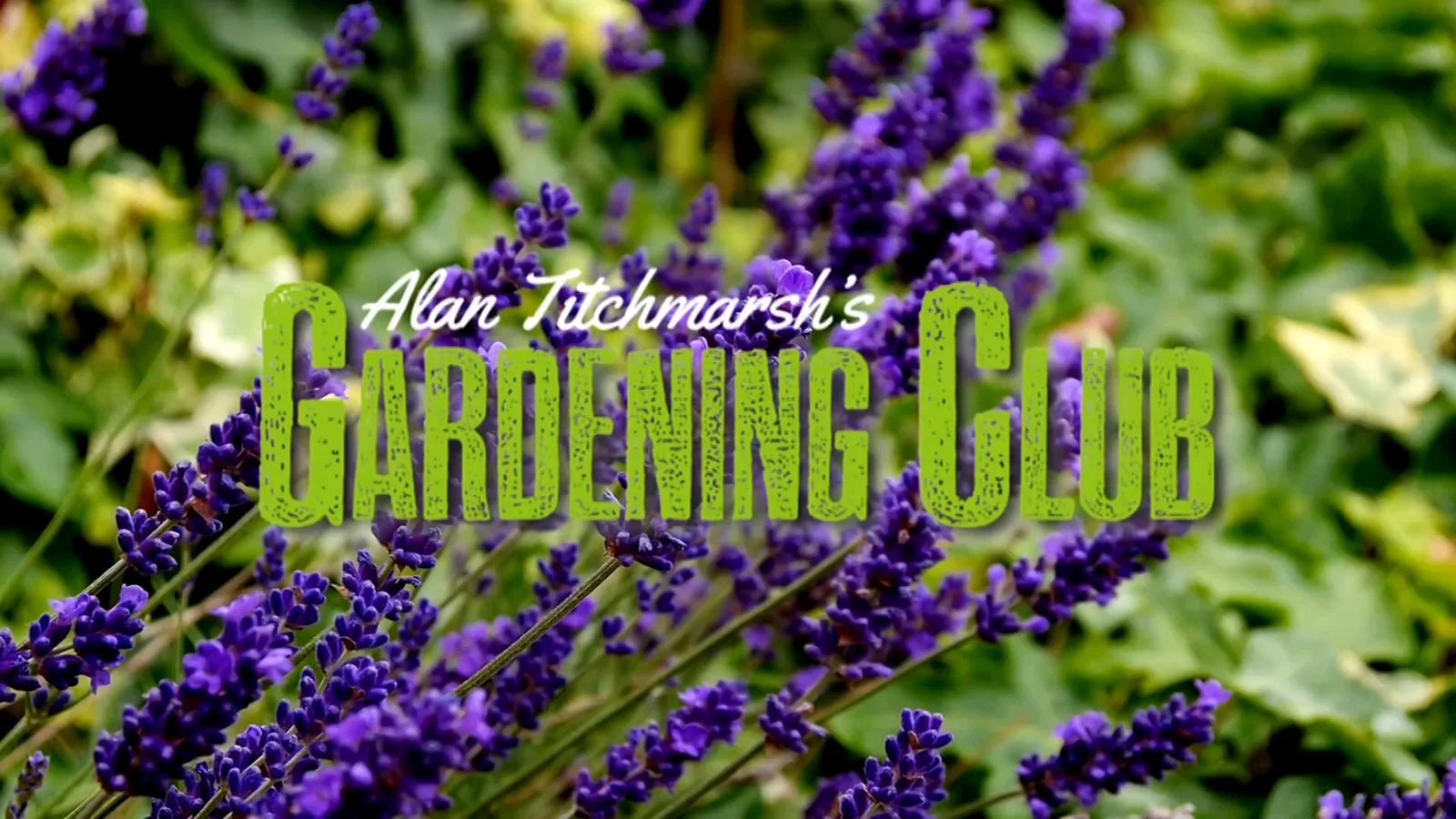Gardening Club episode 6

In this episode of Alan Titchmarsh's Gardening Club, episode 6, the spotlight is on enhancing biodiversity in our gardens—a crucial aspect for any green space enthusiast. Renowned horticulturist Anna Greenland shares her invaluable wisdom on how to create thriving, diverse ecosystems within our green spaces. At the same time, we follow the progress of amateur gardener Alex, who continues to transform his garden with newfound knowledge and enthusiasm.
Anna Greenland begins by highlighting the importance of biodiversity. "A biodiverse garden is a resilient garden," she explains. "It supports a wider range of wildlife, helps control pests naturally, and creates a healthier environment." This message resonates with many gardeners looking to make a positive impact on their local ecosystem. Greenland emphasizes that even small changes can make a significant difference. "You don't need acres of land to make an impact. Every garden, no matter the size, can contribute to the bigger picture."
One of the key strategies Anna suggests is incorporating a variety of plants. "Diverse plant species attract different types of insects, birds, and other wildlife," she says. "By planting a mix of flowers, shrubs, and trees, you create multiple habitats and food sources." She recommends native plants as they are well-adapted to the local environment and support native wildlife. "For instance, in the UK, planting species like hawthorn, holly, and foxglove can be very beneficial."
Anna also stresses the importance of providing food and shelter throughout the year. "Think about the entire lifecycle of the creatures you're supporting," she advises. "This means having plants that bloom at different times of the year, as well as providing berries and seeds for the winter months." She suggests leaving some areas of the garden a bit wild. "Piles of leaves, logs, and stones can create excellent habitats for insects and small mammals. It's about finding a balance between a well-kept garden and a haven for wildlife."
Water features are another excellent addition for increasing biodiversity. "Even a small pond can attract a variety of wildlife," Anna notes. "Frogs, newts, dragonflies, and birds will all benefit from a water source. Just ensure that there are shallow areas for smaller creatures and that it's safe for any children or pets." She also mentions the importance of maintaining water quality. "Avoid using chemicals in your garden, as these can harm the wildlife you're trying to attract."
As Anna shares her expertise, we also catch up with Alex, our enthusiastic amateur gardener. Alex has been diligently applying the advice he's received from Anna and other experts, and the results are beginning to show. His garden, once a simple patch of lawn and a few flower beds, is now a burgeoning ecosystem.
Alex shares his journey, "When I first started, I didn't realize how interconnected everything is. By adding a variety of plants, I've noticed more bees and butterflies. I've even seen a hedgehog a couple of times, which is really exciting!" He points out his new wildflower meadow, a project he started a few months ago. "It was a bit of work to clear the area and sow the seeds, but now it's buzzing with life."
Inspired by Anna's advice, Alex has also added a small pond to his garden. "I was a bit nervous about it at first, but it's been amazing to see the difference it's made. The frogs arrived almost immediately, and now I see dragonflies regularly. It's become one of my favorite spots in the garden."
Alex's journey is a testament to the fact that anyone can create a biodiverse garden with a bit of effort and the right guidance. "I still have a lot to learn," he admits, "but every step feels rewarding. Seeing the garden come alive has been incredible."
Anna concludes her segment with some final tips. "Remember, gardening for biodiversity is about working with nature, not against it. Be patient and observant. Notice what works and what doesn't, and don't be afraid to make changes. And most importantly, enjoy the process. Gardening should be a joy, not a chore."
She also encourages gardeners to connect with their local community. "Sharing knowledge and resources with neighbors can be very beneficial. You might even inspire others to start their own biodiversity projects. Together, we can create a network of green spaces that support a wide range of wildlife."
As the episode wraps up, viewers are left with a wealth of practical advice and a renewed sense of purpose. Whether you have a sprawling garden or a small balcony, there are countless ways to contribute to biodiversity and make a positive impact on the environment. Alan Titchmarsh's Gardening Club continues to be an invaluable resource for gardeners of all levels, fostering a community of nature enthusiasts dedicated to nurturing the world around us.
To watch the full episode and get inspired by Anna Greenland's expert advice and Alex's transformative journey, visit HDclump.com. This episode is a must-watch for anyone looking to enhance their garden's biodiversity and create a thriving, resilient ecosystem. Don't miss out—tune in now on HDclump.com and start your journey towards a more biodiverse garden today.
https://hdclump.com/gardening-club-episode-6/


